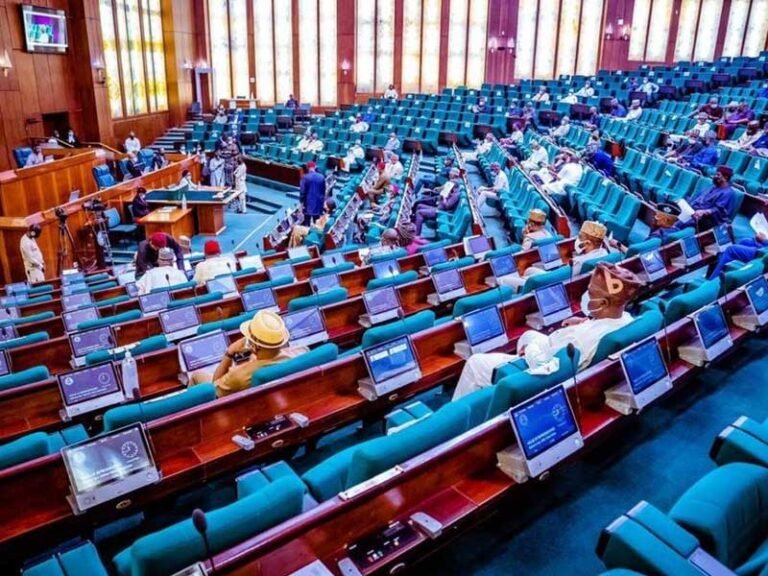The House of Representatives has said that the Procurement Strategy adopted by the Ministry of Works for the award of the contract violated the Infrastructure Concession and Regulatory Commission Act 2005.
The House, therefore, resolved to set up an Ad-Hoc Committee to investigate the procurement process of the contract for the Lagos-Calabar Coastal Highway project and report to the House within four weeks.
The resolution of the House was sequel to adoption of a motion moved at the plenary on Thursday by Hon. Dr. Austin Achado.
Presenting the motion, the lawmaker said lawmaker said the Ministry of Works has executed an Engineering Procurement Construction and Finance (EPC+F) contract, in favour of Hitech Construction Company Nigeria Limited, for the delivery of the 700km Lagos-Calabar Coastal Road and Rail Project estimated at a rate of N4.329 billion per kilometer, using reinforced concrete technology for a carriage width of 59.7metres, to include 10 lanes, shoulders and rail with additional designs of service ducts, street lights, drainages and shore protection.
Section 4 of the ICRC Act outlines that all approved Infrastructure projects and contracts for Financing, Construction and Maintenance must be advertised for Open Competitive Public Bid, in at least three National dailies.
He added that Section 5 of the Act further clarifies that any Direct Negotiations with only one Contractor could be allowed, only after exhausting the provisions of Section 4.
He pointed out that the Contingent Liabilities accruing to the federal government on this project violate the Debt Management Office (Establishment) Act of 2023.
The lawmaker explained that Section 22(3) of the Act states that the minister shall not guarantee an external loan unless the terms and conditions of the loan have been laid before the National Assembly and approved by its resolution.
He said the guarantees issued to cover the debt financing component of this project did not have the approval of the National Assembly.
Achado said: “Concerned that the Procurement Strategy may have violated the Public Procurement Act 2007, section 40(2) which requires that where a procuring authority adopts to use Restrictive Tendering Approach, it should be on the basis that the said goods and services are available only from a limited number of Suppliers and Contractors and as such, tenders Shall be invited from all such Contractors who can provide such goods and services.”
Achado expressed worry that the ministry in promoting the project has provided a rate per kilometer for the planned works, but has not provided the private partner’s financing sources, structure and competitiveness, as this was likely to create contingent liabilities to the government
The House, therefore, called Umahi, Minister of Finance and the Attorney-General of the Federation and Minister of Justice to ensure that all guarantees and credit enhancement instruments for the Lagos-Calabar Coastal Road Project are sent to the National Assembly for approval.

